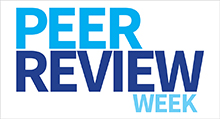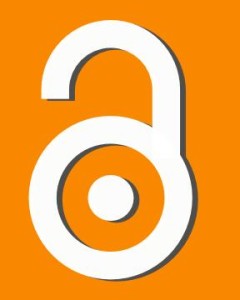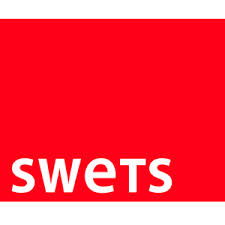Overcoming barriers in scholarly publishing
 In 1995, Forbes published an article entitled, “The Internet’s first victim?” In the article, author John Hayes predicted the world of commercial, for-profit scholarly publishing would suffer under the thumb of the internet and begin the slow process of fizzling out for lack of ability to turn a profit.
In 1995, Forbes published an article entitled, “The Internet’s first victim?” In the article, author John Hayes predicted the world of commercial, for-profit scholarly publishing would suffer under the thumb of the internet and begin the slow process of fizzling out for lack of ability to turn a profit.
Turns out he was wrong.
Commercial scientific publishing has adapted to the times, becoming a multi-billion dollar industry; a $25.2 billion industry to be exact.
The rise of the for-profits
According to CBC News, the top for-profit scientific publishers report profit margins of nearly 40 percent, making some of those margins even higher than that of companies like Apple and Google.
The divide between ECS publications and that of top commercial publishers has deep roots. In the early days of scientific publishing, most journals came out of nonprofit scientific societies like ECS. However, the digital age changed things. It did not stifle the commercial publisher as Hayes thought, instead it hurt the scientific societies. Because the cost to make the switch from print to digital was so high, many societies sold their journals to large, for-profit publishers.
The top five largest, for-profit, academic publishers now publish 53 percent of all scientific papers in natural and medical sciences, but ECS still remains as one of the last independent scientific society publishers, and is still committed to the initial vision of the journals: to disseminate scientific research to the broadest possible audience with the fewest barriers.






